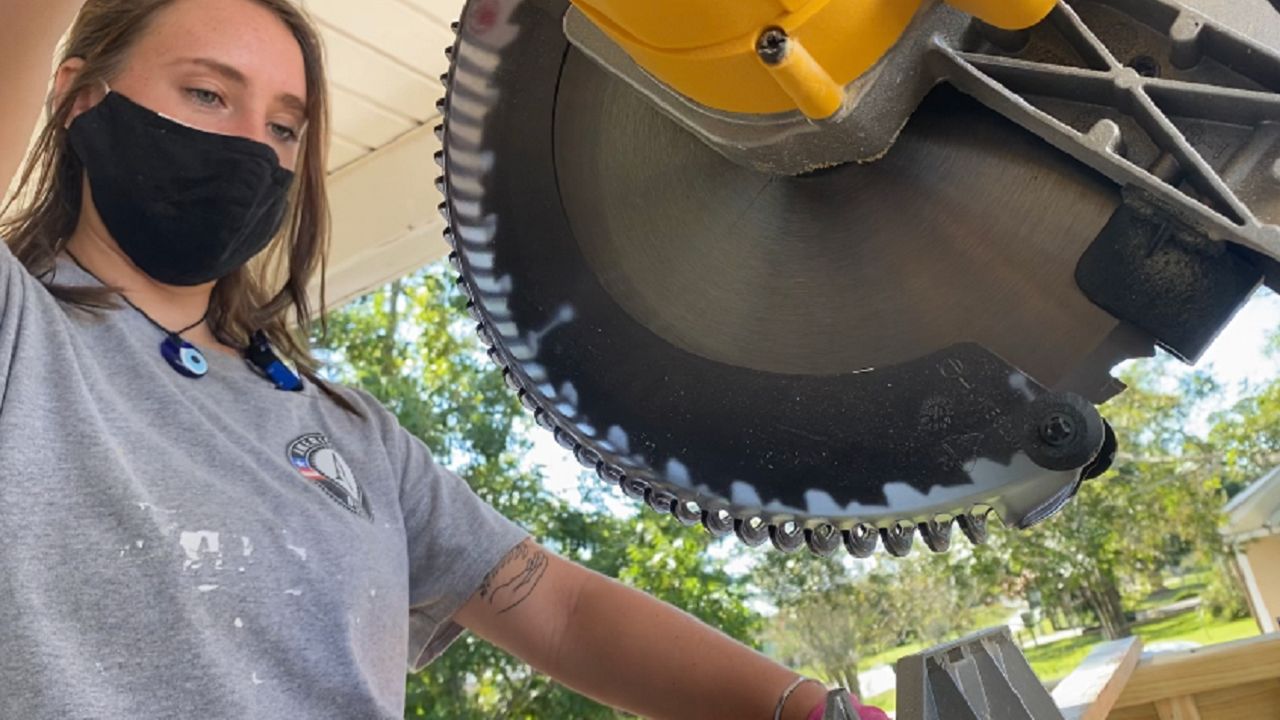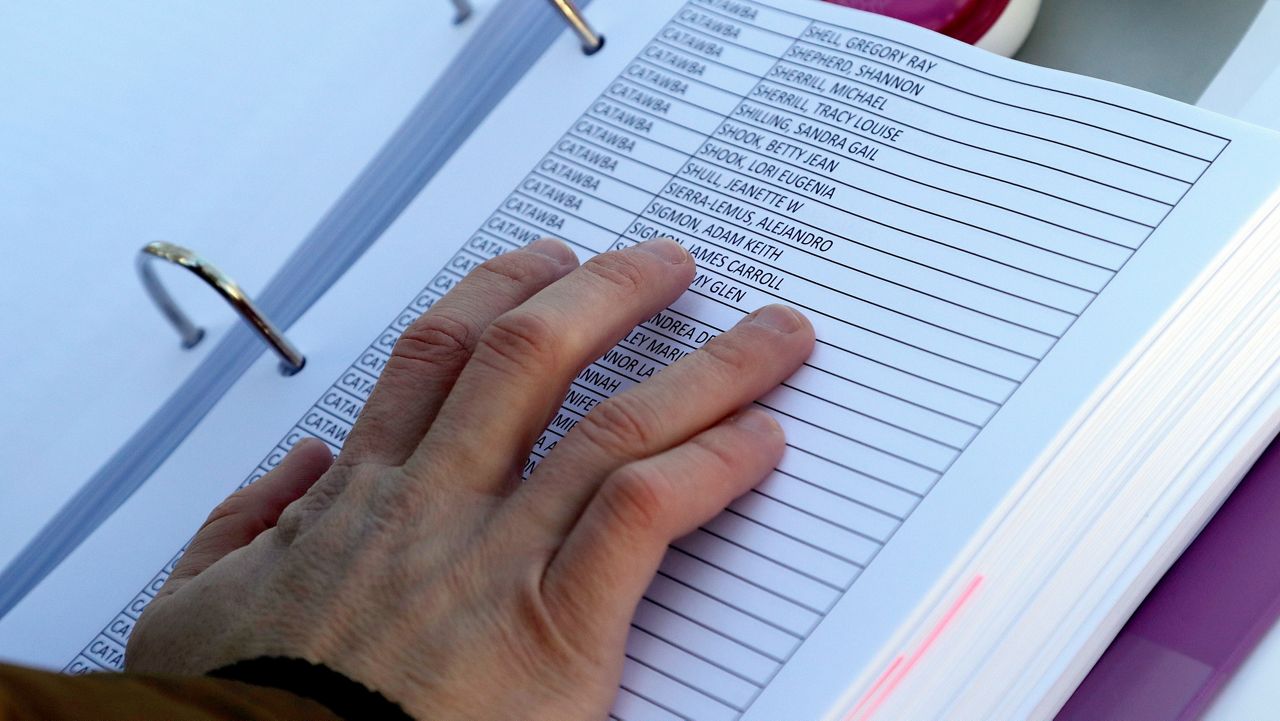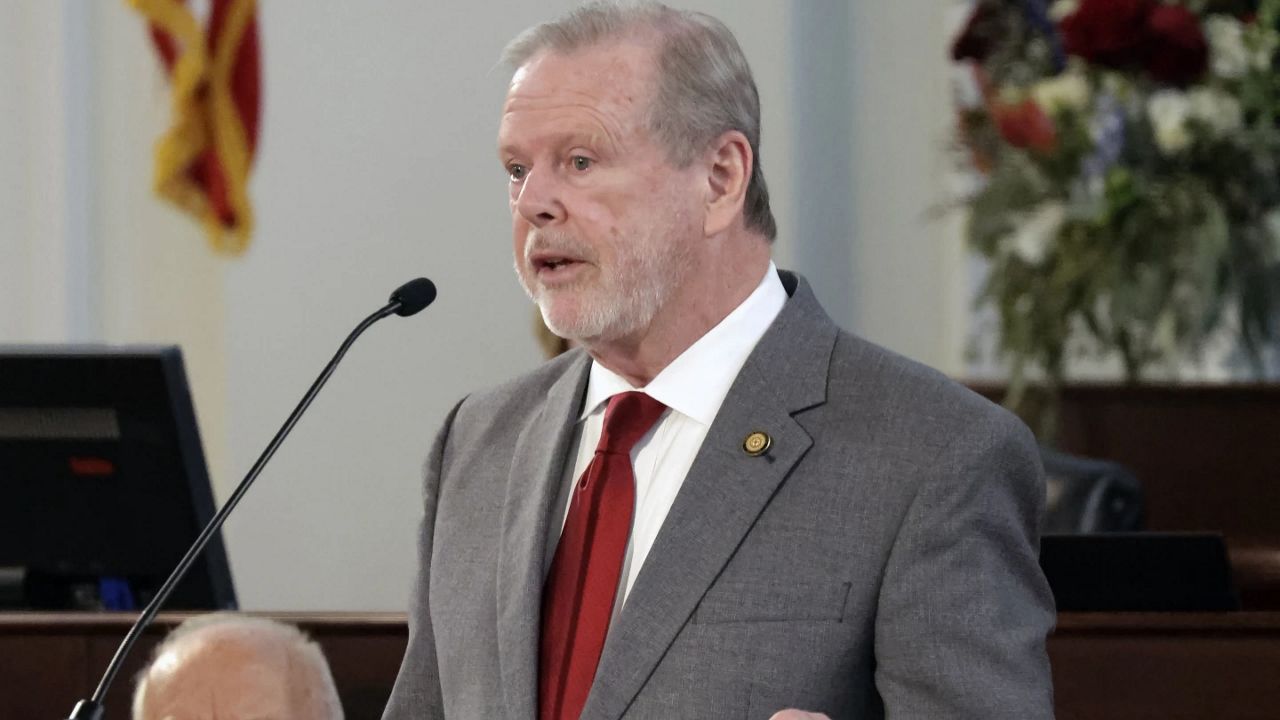This week the Biden administration announced new protections for millions of acres of wetlands, which are essential to keeping water clean.
The announcement is a response to a 2023 U.S. Supreme Court decision that puts some wetlands in jeopardy.
Wetlands filter out pollutants in the water that flows through them. They make up 5.5% of the contiguous United States, according to the EPA.
When heavy rains fall, wetlands also serve as a sponge by trapping the water, helping avoid flooding in communities downstream.
“They play many more functions than most of us realize,” North Carolina Coastal Federation coastal advocate Kerri Allen said.
But the vital resource has diminished over the years because of development.
And the Supreme Court’s decision last year is putting wetlands in more jeopardy. The court, in a 5-4 opinion, said the Clean Water Act only protects wetlands connected to rivers and streams considered “relatively permanent” or “continuous.” It paved the way for farmers and developers to dig up or fill millions of acres of wetlands.
“Particularly with the impacts of climate change and a recent Supreme Court decision … our wetlands in particular are at risk,” White House Council on Environmental Quality chair Brenda Mallory said.
This week the Biden administration announced a national goal to protect, restore and reconnect 8 million acres of wetlands by 2030. To do that the federal government launched a challenge for states, tribes and local governments to put forward their own policies.
North Carolina is one state that’s already put forward its own plan. Last summer the state’s General Assembly passed legislation limiting wetlands protections, paving the way for development, especially agriculture, in areas supporters say sometimes did not truly meet the definition of a wetland. Democratic Gov. Roy Cooper, who vetoed the bill only to see his veto overridden, said about half of the state’s wetlands are affected.
In February, Cooper signed an Executive Order to conserve and restore 2 million new acres of forests and wetlands by 2040.
“Any efforts that can be made at the federal, at the state, at the local level to help people understand the importance of these wetlands, and not only the environmental importance of them but how crucial they are to our economy … is a win in our book,” Allen said.











